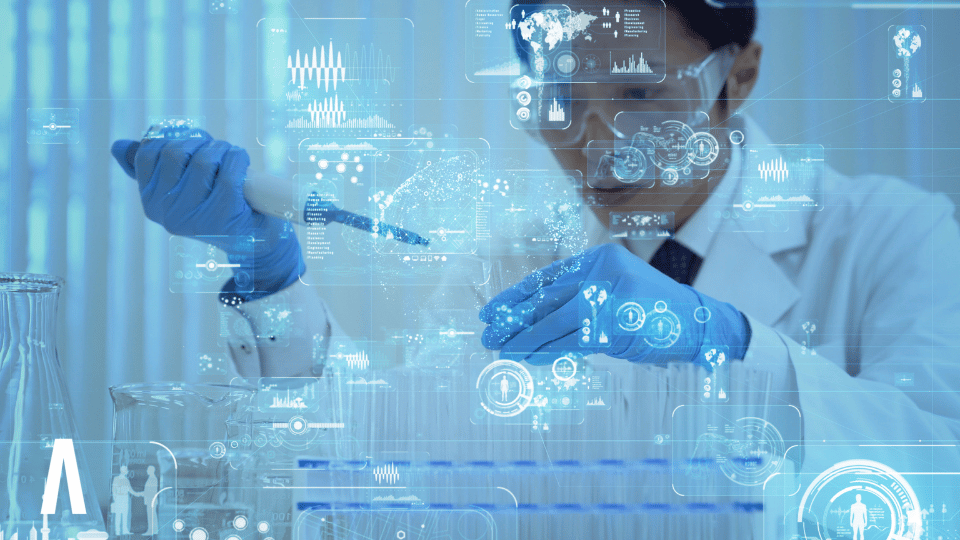Introduction
The integration of Artificial Intelligence (AI) in drug discovery is setting the stage for a new era in pharmaceutical research. By leveraging AI’s capabilities, researchers can expedite the drug development process, leading to quicker discoveries and improved patient outcomes. This blog explores how AI is accelerating the future of drug discovery and what this means for the industry.
The Impact of AI on Drug Discovery
AI is impacting drug discovery in several ways, including:
- Automating Routine Tasks: AI can automate repetitive tasks such as data analysis and molecule screening, allowing researchers to focus on more complex problems.
- Predictive Analytics: AI models can predict the success of drug candidates in clinical trials, reducing the risk of failure and saving time and resources.
- Precision Medicine: AI enables the development of precision medicine by analyzing patient-specific data to create tailored treatments.
Market Growth and Projections
The global AI in drug discovery market is experiencing rapid growth, driven by the increasing adoption of AI technologies by pharmaceutical companies. The market is projected to reach USD 6.1 billion by 2030, reflecting a growing recognition of AI’s potential to transform drug discovery.
Case Studies
Several pharmaceutical companies have successfully integrated AI into their drug discovery processes. For example, AstraZeneca has partnered with BenevolentAI to leverage AI for drug development in chronic kidney disease and idiopathic pulmonary fibrosis. These collaborations demonstrate the tangible benefits of AI in accelerating drug discovery.Conclusion AI is poised to become a cornerstone of the pharmaceutical industry, accelerating drug discovery and enabling the development of more effective treatments. As the technology continues to evolve, its impact on the future of medicine will only grow stronger.

